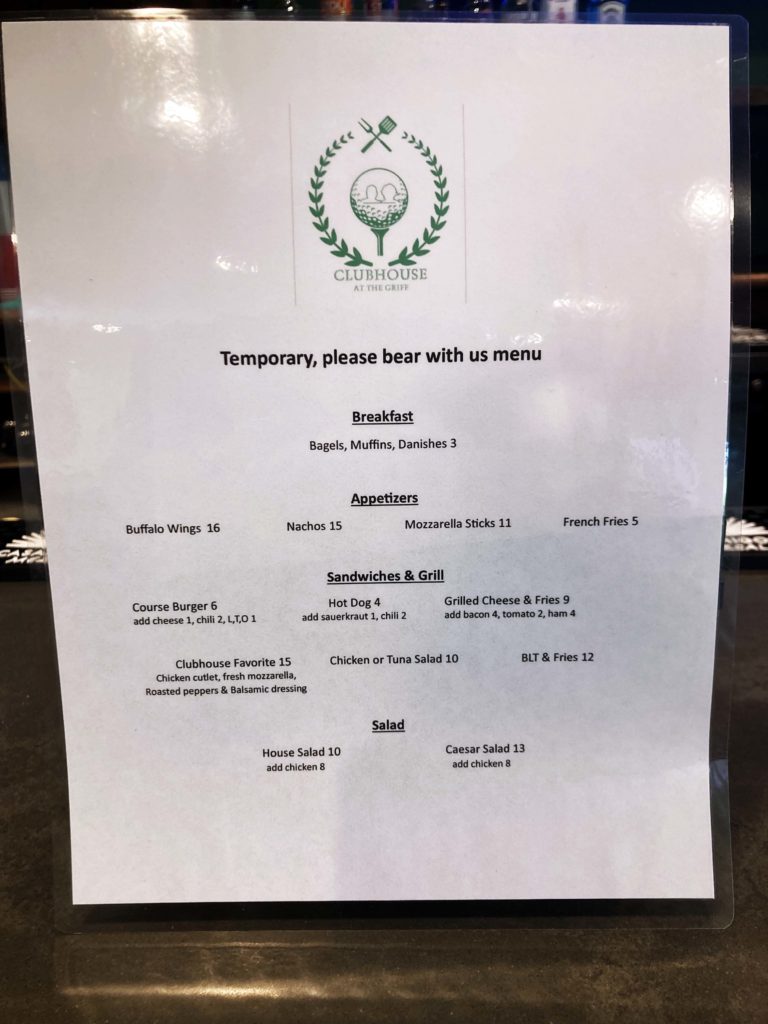
By: Marek Zabriskie
Churches across our nation recently celebrated All Saints’ Sunday – one of the five biggest Sundays of the Church Year. Many churches have a larger than usual Sunday attendance and gustily sing hymns like, “For All the Saints” and “I Sing a Song of the Saints of God.”
We are think of famous persons – like Saint Francis and St. Teresa of Avila and others – when we think about saints. But that omits just about all of us normal earthlings, which is to miss the point of what saints really are and to let ourselves off the hook from leading saintly lives.
Frederick Buechner writes,
Listen to your life. See it for the fathomless mystery it is. In the boredom
and pain of it, no less than in the excitement and gladness: touch, taste,
smell your way to the holy and hidden heart of it, because in the last
analysis all moments are key moments, and life itself is grace.
All moments in our ordinary lives can be key moments. God is found in the mundane and ordinary as much as the magnificent and the miraculous. The key is to have the eyes to see the fingerprints of God all around us.
Christ Church Greenwich congregant Deborah Royce recently had an outstanding interview with our Presiding Bishop Michael Curry, our first Black Presiding Bishop, who just published an exceptional memoir entitled Love is the Way: Holding onto Hope in Troubling Times. You can purchase his book at Dogwood Books and Gifts or watch this exceptional interview on the Christ Church website.
Presiding Bishop Curry told Royce and those listening, “When I was asked to write a memoir, I told my publisher, ‘No one is interested in my life, not even my own daughters.’” As he said this, I could hear my own daughters saying something similar about me.
But thankfully our Presiding Bishop finally agreed to write about the people who taught him how to love, respect and forgive for others. He is an amazing spiritual leader, but he did not become that all by himself.
Along the way, there was a cast of hundreds of teachers, coaches, guidance counselors, mentors, friends, clergy, aunts, uncles, grandparents and professors. Each played a special role in developing his character and his gifts.
Presiding Bishop Curry spoke about figures like Josie Robbins, who after his mother died early in life, leaving her preacher husband to raise two small children on his own, asked, “How can I help?” The preacher hired Josie to help raise his children.
So, she prepared their lunch, ironed their clothes and helped with homework and for decades to follow attended all of their graduations, weddings, births and baptisms. “Josie Robbins is what love looks like,” said Bishop Curry.
I suspect that we all have a Josie Robbins in our life – an ordinary saint who played an extraordinary role. Who comes to your mind?
In one of his sermons, Buechner said,
To be a saint is to live… with the hands stretched out both to give and
to receive with gladness. To be a saint is to work and weep for the
broken and suffering of the world… Maybe more than anything else,
to be a saint is to know joy. Not happiness that comes and goes with
the moments that occasion it, but joy that is always there like an
underground spring no matter how dark and terrible the night… It is
to live a life that is always giving itself away and yet is always full.
That sounds like a manageable job description for each of us. No book has made a greater impression on me than Thomas Merton’s spiritual autobiography, The Seven Storey Mountain. In it, Merton tells how his friend, Lax, and he were walking down Sixth Avenue on spring night in 1938 towards Greenwich Village.
The street was all torn up and red lanterns lit where they were digging the subway. Lax turned to Merton, who was pursuing his Ph.D. at Columbia University and asked, “What do you want to be, anyway?”
Merton wanted to be a writer or a teacher, but he put his answer on a spiritual plane. “…I want is to be a good catholic,” he said. “What do you mean to be a good Catholic?” asked Lax. Merton gave a lame explanation… betraying how little he had thought about it.
“What you should say,” said Lax, “is that you want to be a saint.” Merton recoiled. “How do you expect me to be a saint,“ he asked. Simply by wanting to,” said Lax. “I can’t be a saint,” said Merton, reflecting on his own sins, and the false humility which makes people say that they cannot do things that they can and must do…
But Lax said, “No. All that is necessary to be a saint is to want to be one.” God created each of us to be a saint with a small “s”, and the desire to lead a saintly life is half the battle. Yet, we so often feel dwarfed by those saints with a capital “S,” – people like St. Paul, who formulated the Christian faith, or St. Francis of Assisi, who gave away everything and served the poor, or St. Teresa of Avila, whose mystic eyes penetrated into peoples’ souls.




